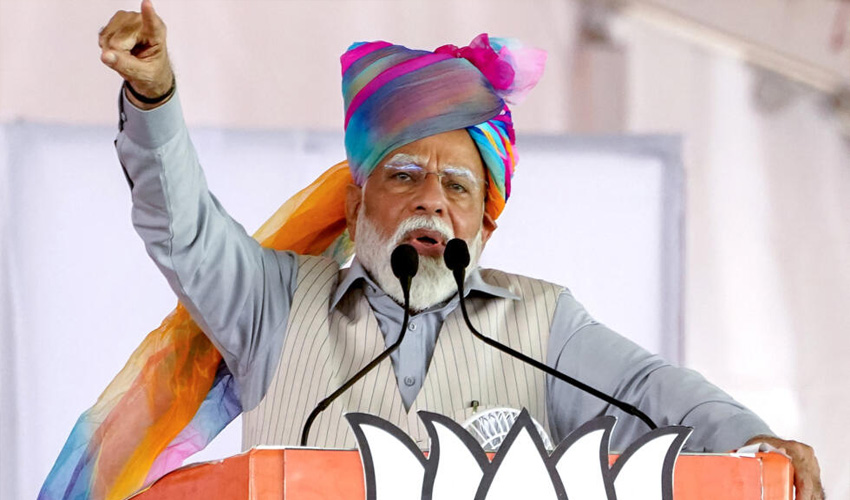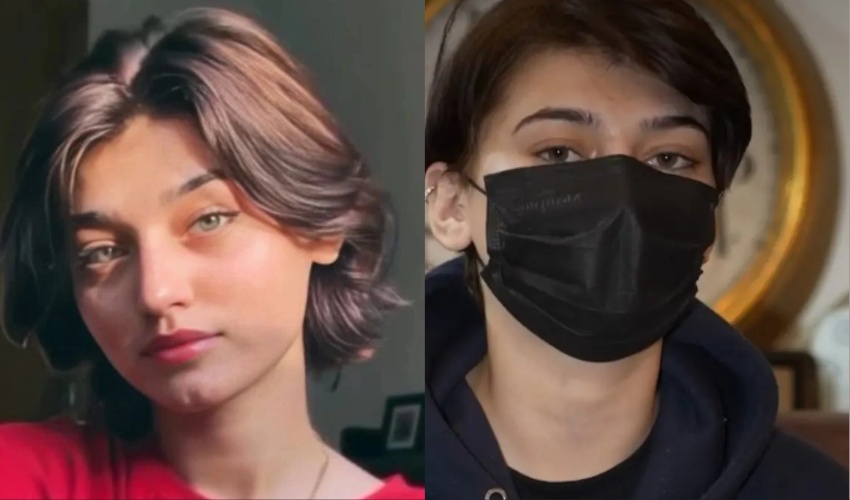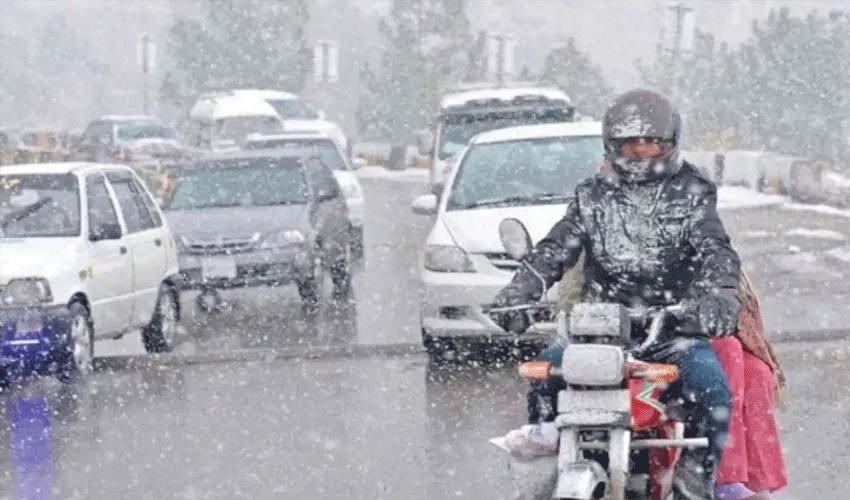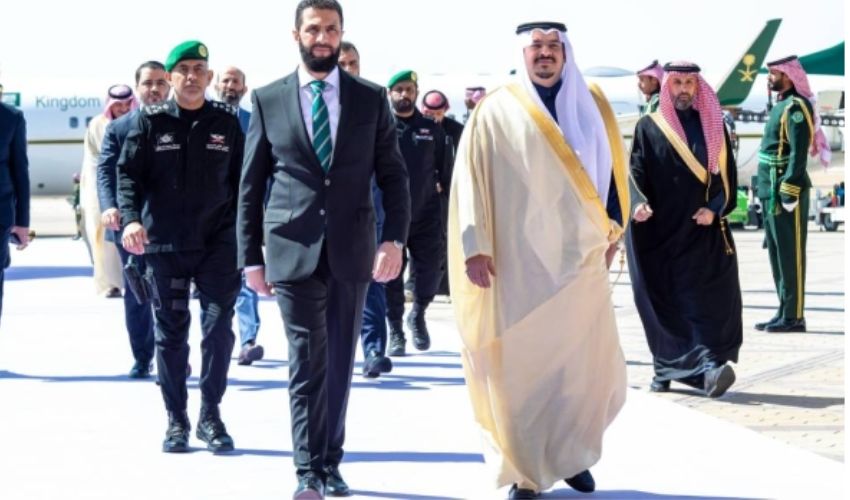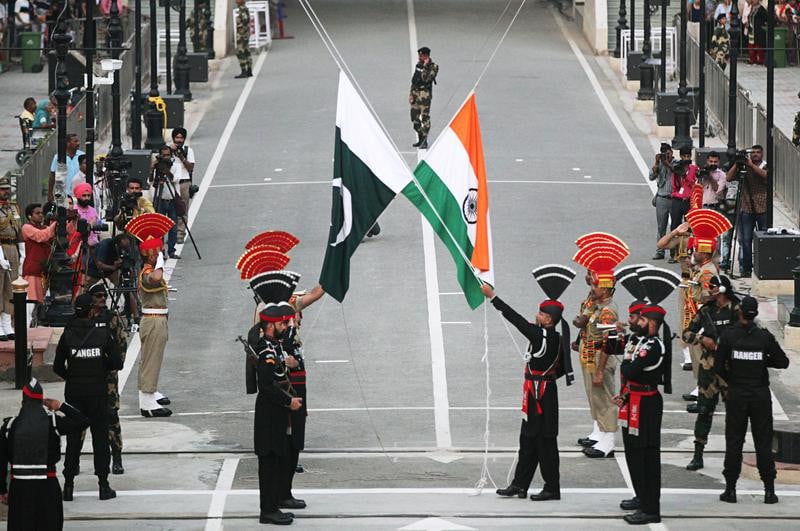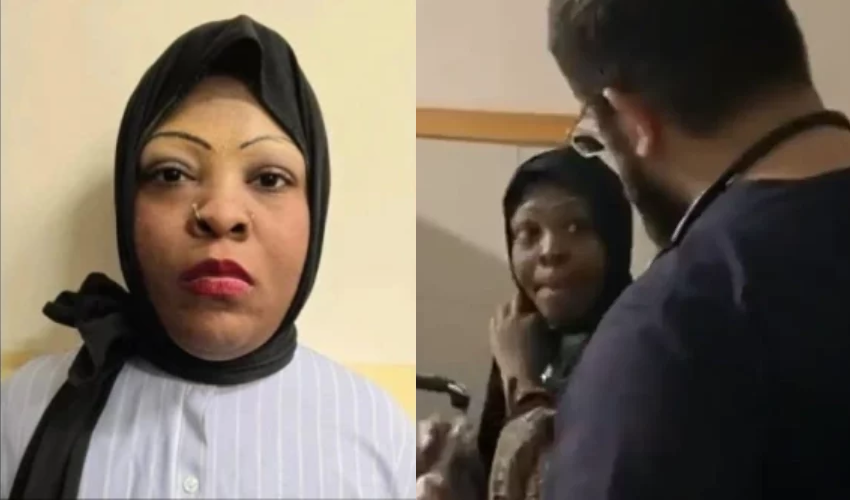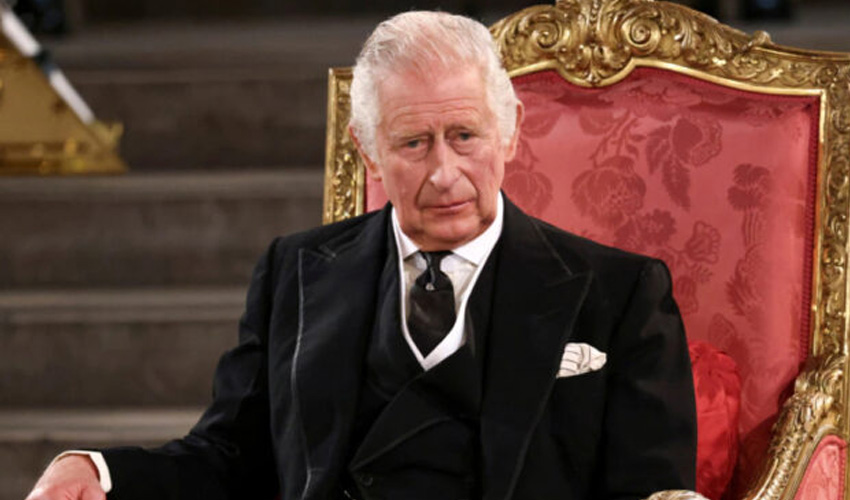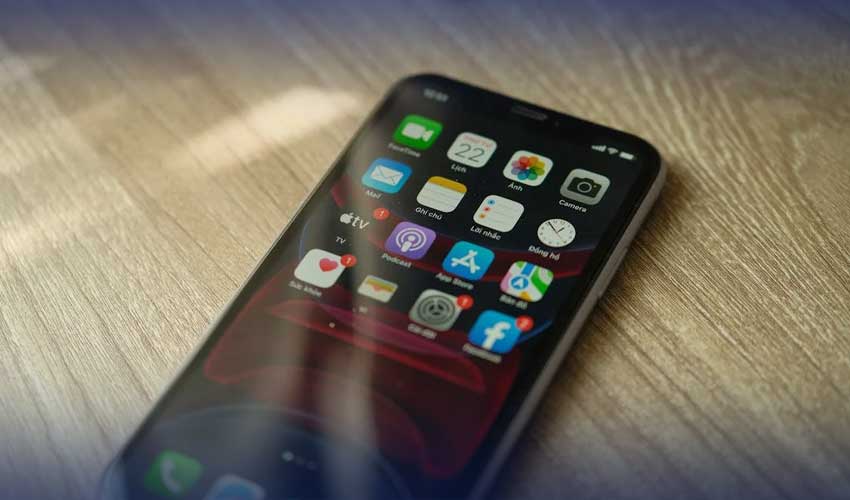A damning report by the British Media outlet, BBC sheds light on the harrowing reality faced by Muslims in India, revealing a distressing pattern of discrimination, violence, and marginalization under the tenure of the Modi government.
With each passing day, the once-inclusive fabric of Indian society appears to be fraying, leaving the Muslim community increasingly marginalized and vulnerable.
According to the BBC report, the landscape for Indian Muslims has dramatically constricted, with pervasive anti-Muslim sentiment fueling a range of discriminatory practices and violent acts. From hate speech to the demolition of Muslim homes and businesses, the Modi administration's policies have exacerbated tensions and eroded the rights of minority communities.
Instances of anti-Muslim violence, both physical and verbal, have reached alarming levels, perpetuating a climate of fear and hostility. Shocking accounts of schoolchildren being subjected to derogatory slurs and physical assaults underscore the pervasive nature of Islamophobia in Indian society.
Tragic incidents, such as the Delhi riots of 2020, which claimed the lives of over 50 Muslims amid protests against the controversial citizenship law, serve as stark reminders of the deep-seated divisions plaguing the nation. Despite constitutional guarantees of equality, the reality on the ground paints a starkly different picture, with Muslims relegated to second-class citizenship in their own homeland.
Furthermore, the absence of Muslim representation in key political institutions, including Parliament, raises troubling questions about the BJP government's commitment to inclusive governance.
In response to mounting criticism, the BJP has resorted to deflecting blame onto media outlets, accusing them of stoking Islamophobia. However, such rhetoric fails to address the systemic issues driving the marginalisation of Indian Muslims, underscoring the urgent need for comprehensive reforms and genuine efforts to foster social cohesion.
As the plight of Indian Muslims garners international attention, calls for accountability and justice grow louder, with civil society organizations and human rights advocates demanding swift action to address the entrenched inequalities plaguing the nation. The future of India's secular democracy hangs in the balance, with the treatment of its minority communities serving as a litmus test for its commitment to pluralism and equality.





